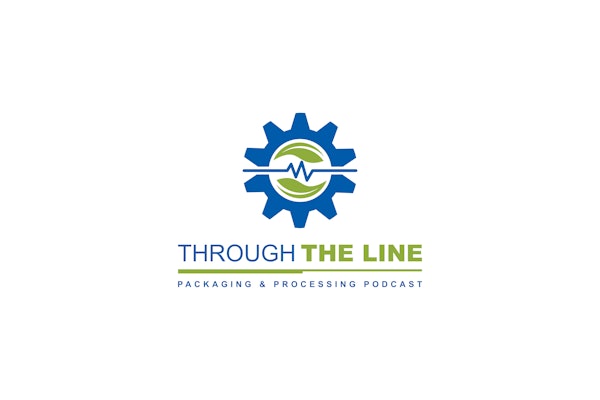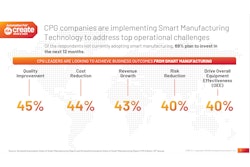Consortium co-chairs, Dr. Jay S. Golden of the School of Sustainability, Barrett Honors Faculty, at Arizona State University, and Dr. Jon Johnson of the Sam M. Walton College of Business at the University of Arkansas, were the event’s guest speakers.
During the Webcast, Dr. Golden confirmed that while Walmart was a founding partner of the consortium, the group does not have an index governing board. What the consortium does have is a steering committee made up of CPGs, NGOs, government agencies, and others interested in “advocating for good business.”
According to Dr. Johnson, the consortium does not believe that the scientific community is qualified to make value judgments regarding the relative life-cycle data of products. By separating itself from the creation of indexes and certifications, he said, the consortium will be able to preserve its integrity.
As Dr. Johnson and Dr. Golden explained, the consortium was established to pool the best practices and information from the myriad of LCA data and certification guidelines surrounding products’ environmental impacts in order to produce standardized, transparent tools and methodologies that can be used to make good business decisions.
The consortium’s near-term goal is the creation of a data tool available to all members of the supply chain, using Earthster, a free, open-source, Web-based software. Now in its beta form, Earthster is a drag-and-drop system that allows users to easily and cost-effectively compute their products’ LCA. Said Dr. Johnson, “We look to Earthster to become the de facto standard tool for LCA.”
Currently, the consortium’s goals focus on enabling innovation in the business community. greenerpackage.com/node/2058


























